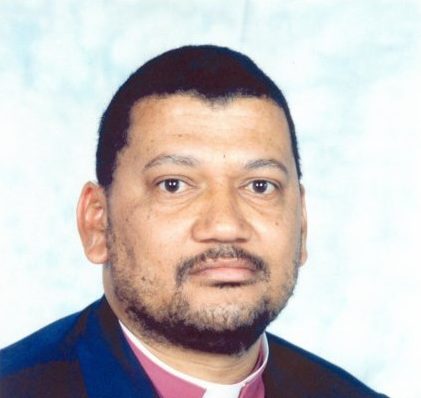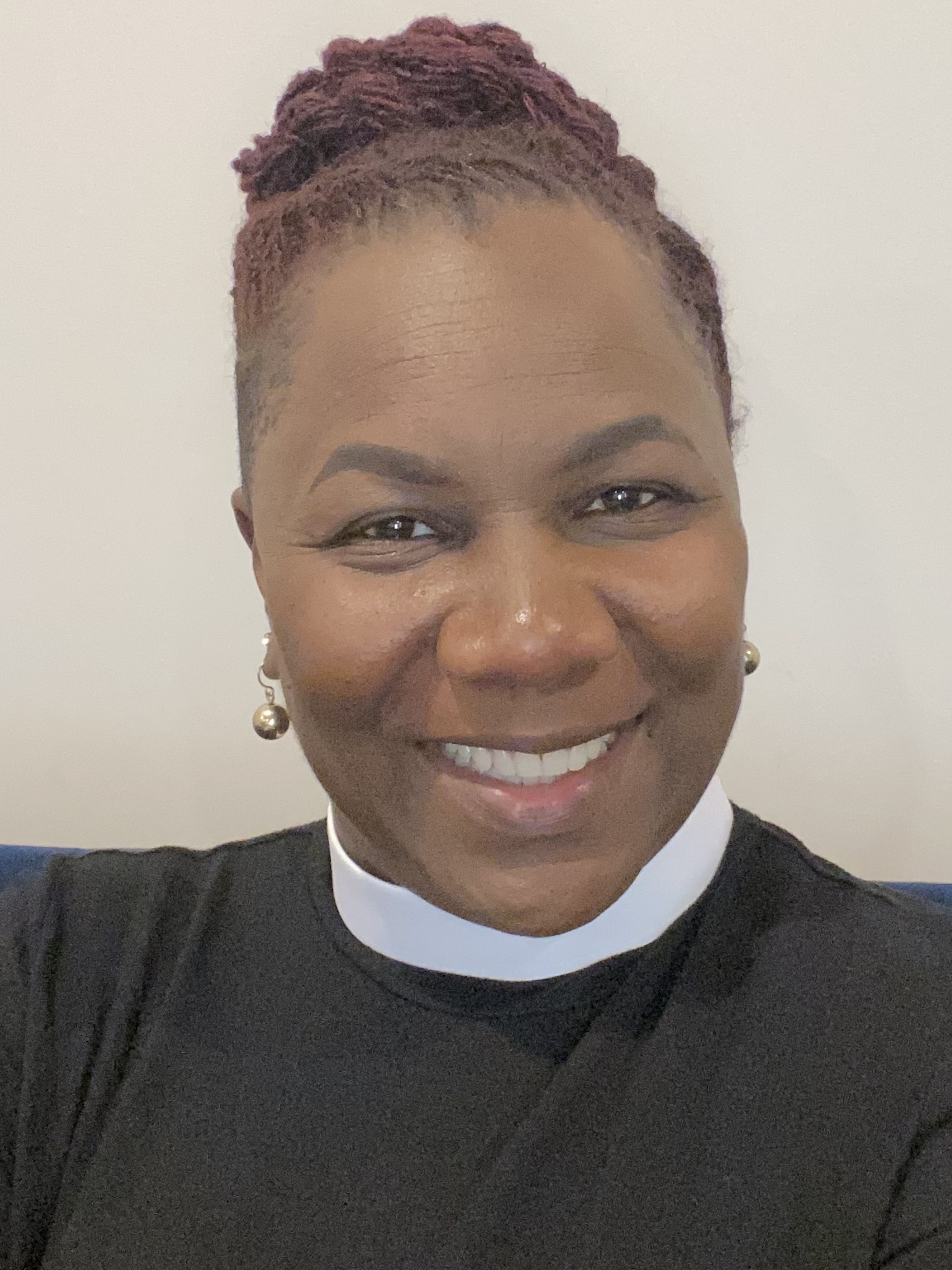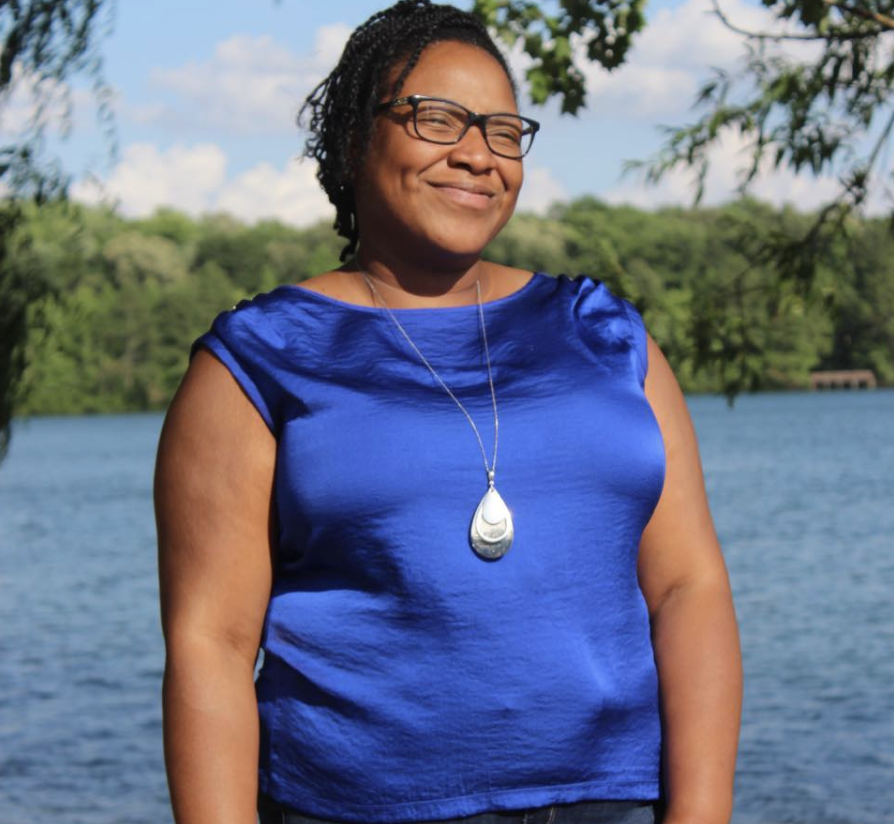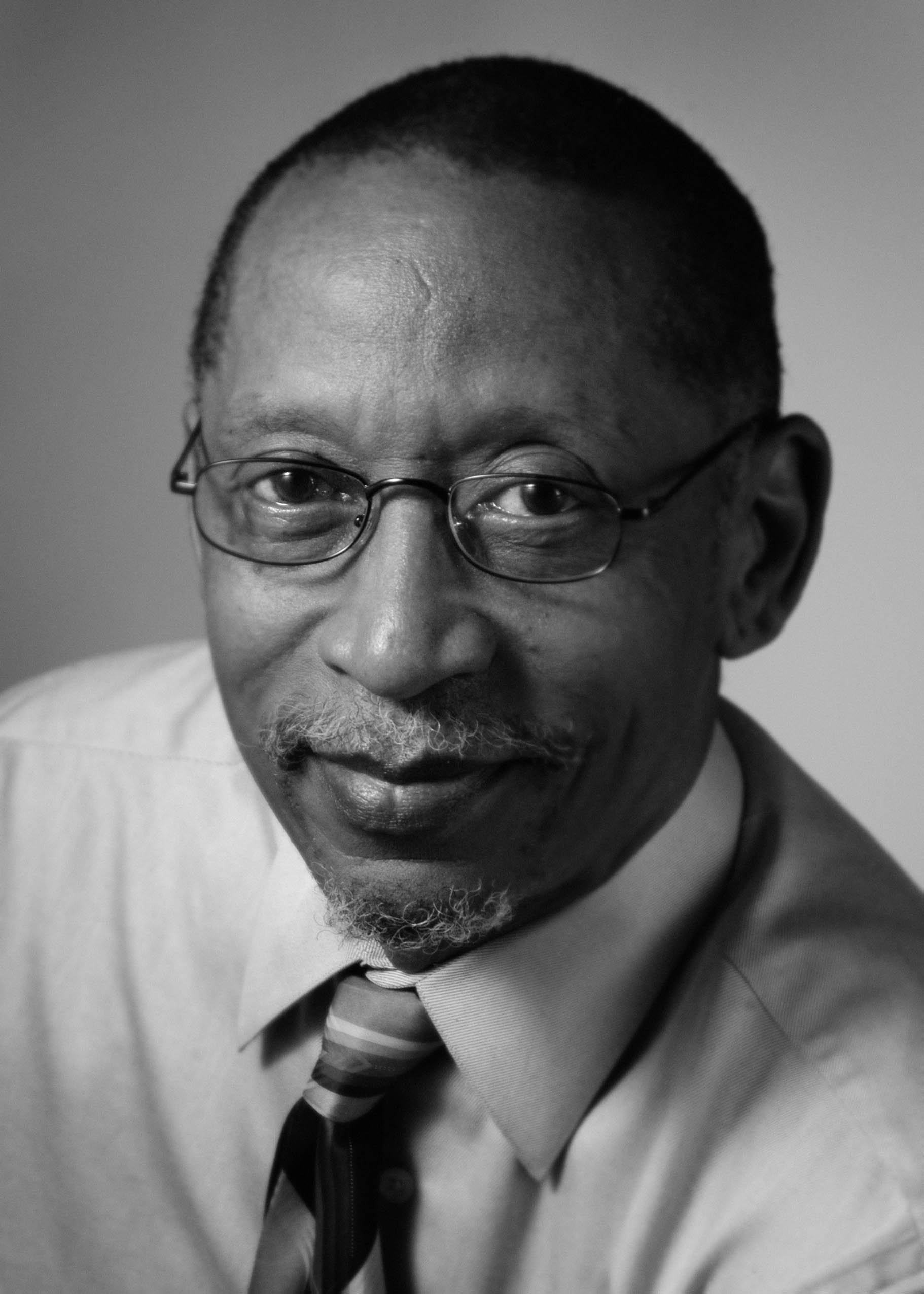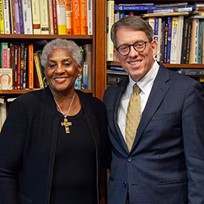After an absence of eight years from self-imposed exile, I returned to connectional activities in 2016 and must admit that I was overwhelmed by the hundreds, if not thousands, of people who called me by my first name and embraced me with hugs. This was my third visit to Philadelphia.
Upon arrival, the airport was empty and there were no candidate busses to ferry us to our respective hotels. This was the first sign that business is no more as usual. We arrived at the hotel and were again disappointed with the confusion with accommodations. At least our bishop compensated us for the inconvenience with free breakfast, albeit only for delegates. The registration of delegates went hassle free.
We arrived with the promise of a “paperless” General Conference through the issuance of RCA tablets. We were highly disappointed that the tablets we received, free of charge, lacked bandwidth and, thus, were useless in the business sessions. The revision of our laws in the Doctrine and Discipline is one of the core functions of the General Conference. I am sad to say that we failed to achieve this mission because we were tasked to make uninformed decisions. The tablets did not work and there was no backup plan for printers. If this Conference had taken place in Africa, I can just imagine the outcries of inefficiency and ineffectiveness.
Time was wasted on unnecessary activities not related to the core functions of the meeting. The music concert was an example. The other was the address by the National Democratic Party presumptive candidate, Hilary Rodham Clinton. We meet every four years. Why don’t we hear from Republican Party candidates? Add to this: we are a global church denomination present in many nations around the world. Not all of us support American Foreign Policy.
The elections for the Episcopacy were free but not fair. They may have been transparent but we saw very divisive alignments on the stage. Whether lobbying is done behind the scenes or on the stage, I am convinced the public conduct of our bishops was immoral, corrupt, and unethical. We must stick to the rules whereby no one should canvass for votes in the assembly hall. During intervals all of us must remain seated, without anyone negotiating and teaming up, as the conduct of bishops can be termed intimidation. The actions I saw threw fairness out of the window. This situation also helps sustain animosity in what we perceive, rightly or wrongly, as groupings within the Council of Bishops. This is uncalled for and the responsibility is with the Council of Bishops to rectify this situation.
Africa and the Global Development Council (GDC) were again the biggest losers in the elections. We are our own worst enemy because we are divided and not united. Within the GDC we act as if each one is seated on a throne. Africa is divided. Why vote for candidates whose districts are not going to rally behind GDC candidates? Our motion to reverse some Judicial Council decisions affecting non-accredited candidates suffered 44-56% voting. The issue of the Covenant is being ignored and those negatively affected lost an opportunity to clear their throats. I am still wondering why Districts 14-20 must accept bishops elected from District 1-13 to preside, while bishops elected from Districts 14-20 are denied opportunity to preside over districts 1-13? We are viewed inferior and this is a major travesty of justice. The struggle goes on.
 Presiding Elder Willem Simon Hanse is Presiding Elder of the Johannes Ludwig District of the Namibia Annual Conference and pastor of St. Mark AME Church, Gibeon. He is currently a member of the General Board. Elder Hanse was a political activist during the Namibian Liberation Struggle and a political prisoner at Seeis. One of his proudest achievements is being a cancer survivor.
Presiding Elder Willem Simon Hanse is Presiding Elder of the Johannes Ludwig District of the Namibia Annual Conference and pastor of St. Mark AME Church, Gibeon. He is currently a member of the General Board. Elder Hanse was a political activist during the Namibian Liberation Struggle and a political prisoner at Seeis. One of his proudest achievements is being a cancer survivor.

